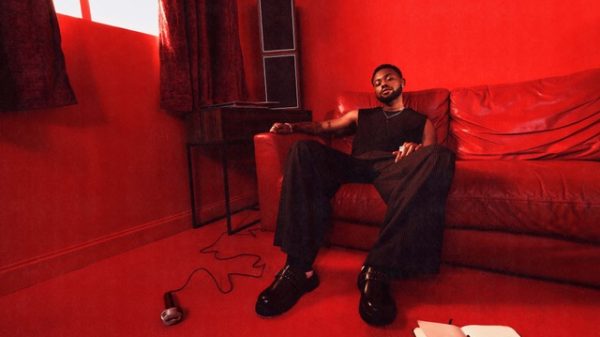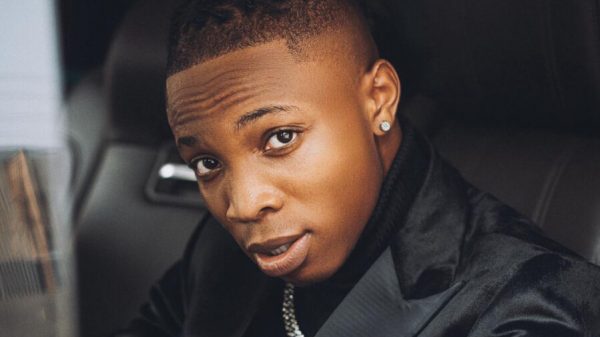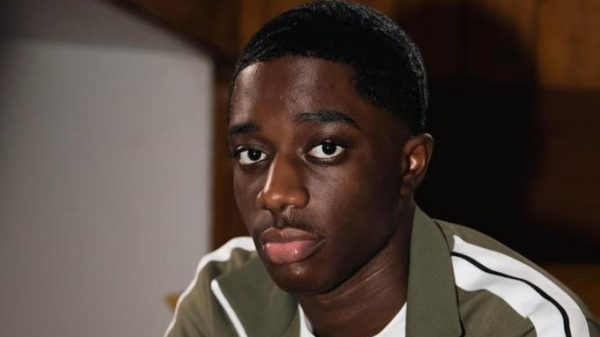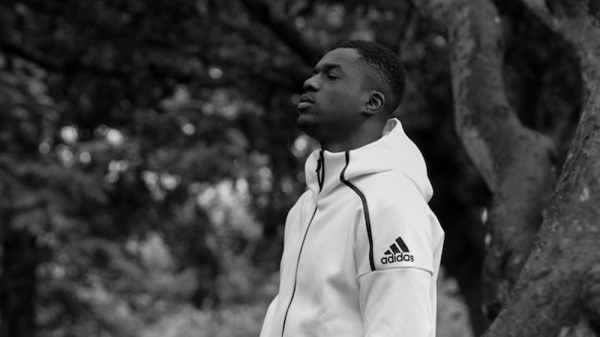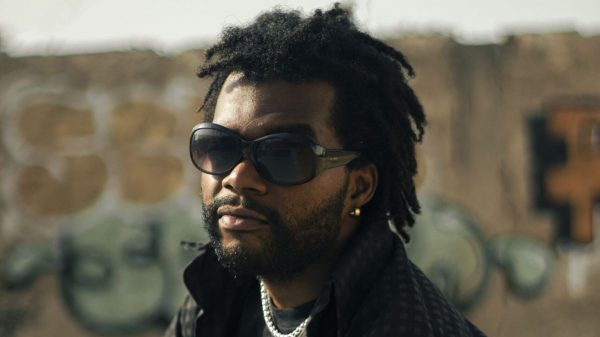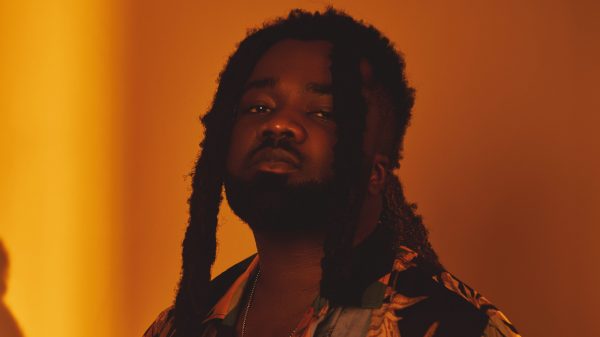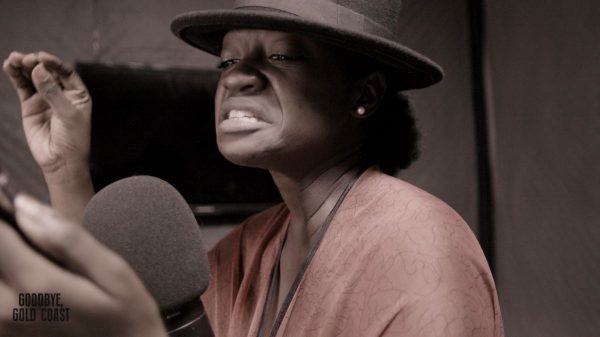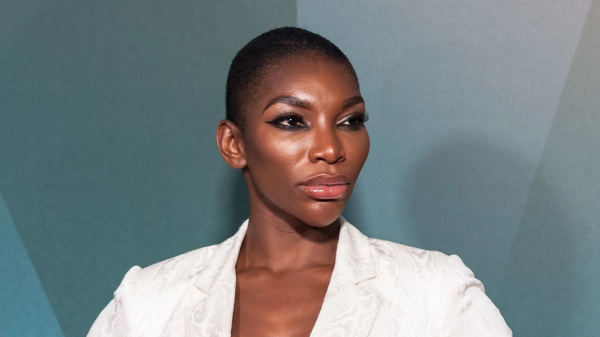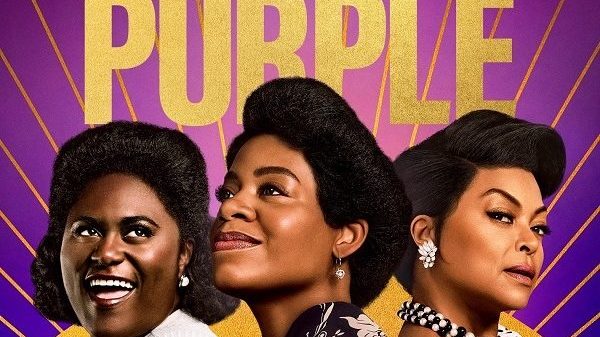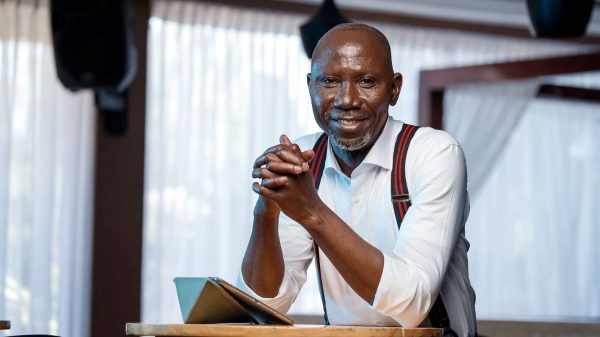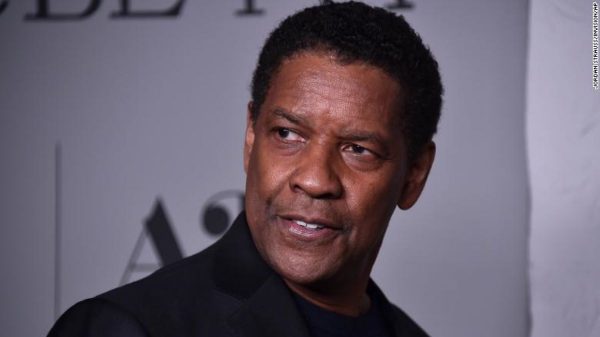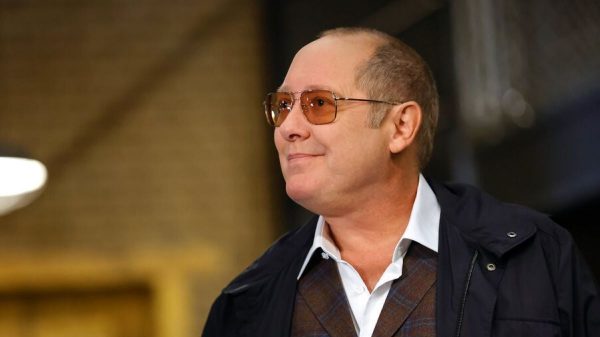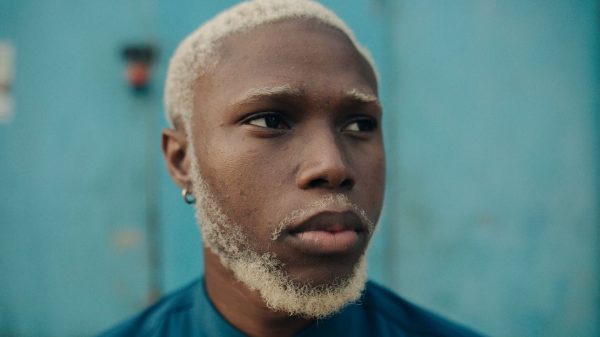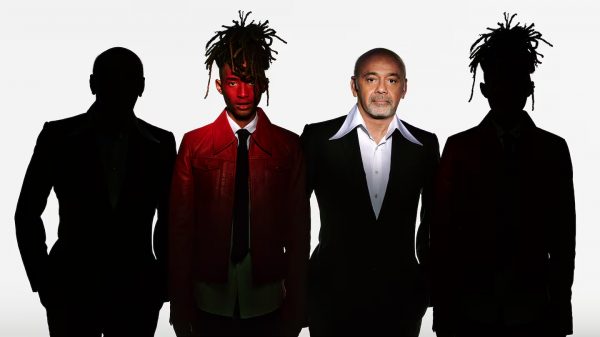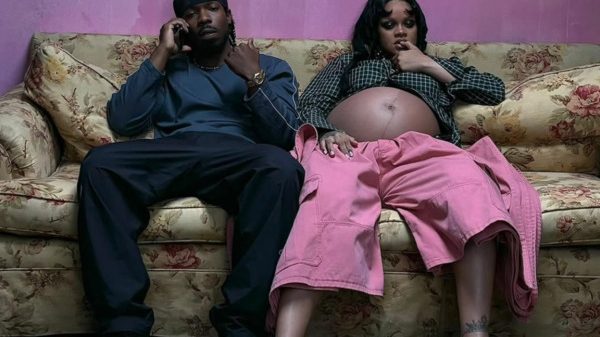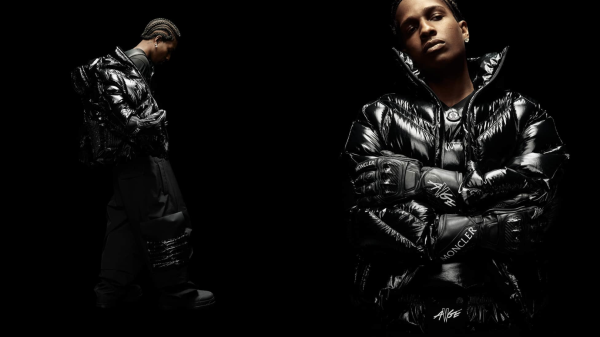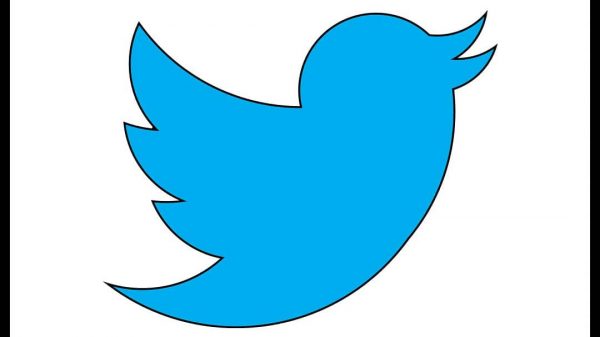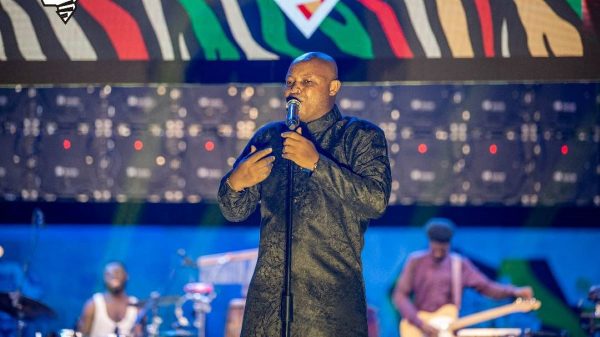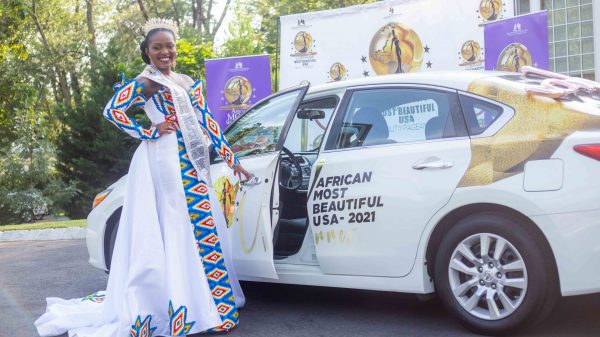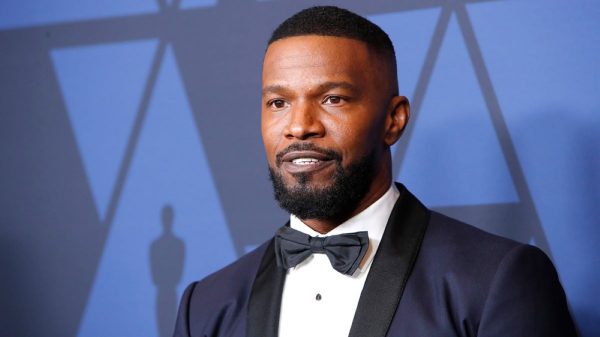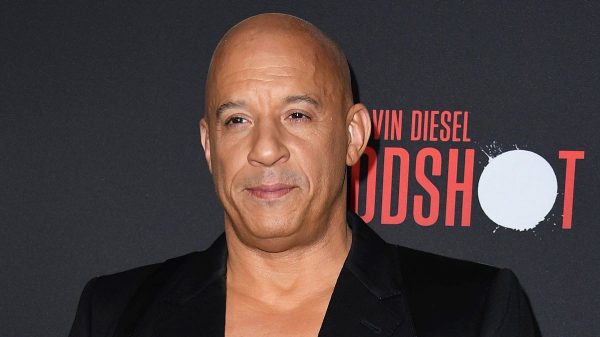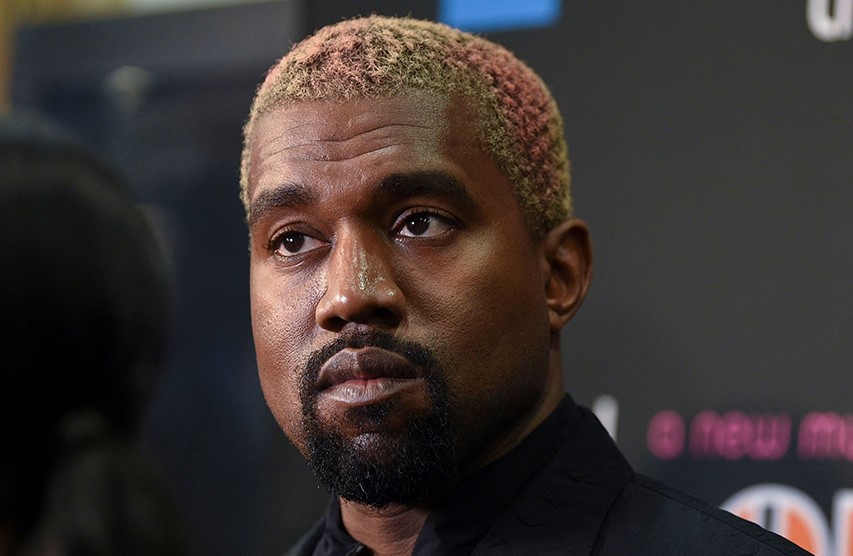Religion has always been a popular option for celebrities in urgent need of a fresh start because God, unlike Twitter, has a reputation for forgiveness. Kanye West launched his weekly Sunday Service in January after a whirlwind few months during which he swooned over Donald Trump, suggested that slavery was a choice and released the first forgettable album of his career. West has had an inconsistent relationship with his faith. His 2004 single Jesus Walks earned him multiple nominations for Stellar awards (the gospel Grammys) but I Am a God, from the album Yeezus, did not. On the verge of releasing his long-delayed ninth album, Jesus Is King, he seems to be going all in. At a recent listening party, he reportedly declared that he was done with secular music and would be recording only gospel from now on.
In the 1960s, soul music was largely defined by charismatic young gospel stars such as Sam Cooke and Aretha Franklin crossing over to secular music, but travelling in the opposite direction poses more of a challenge. While mainstream listeners are by no means allergic to overt expressions of faith — witness, for example, U2, Stormzy, Johnny Cash and vast swathes of reggae — the zeal of the convert is a tougher sell.
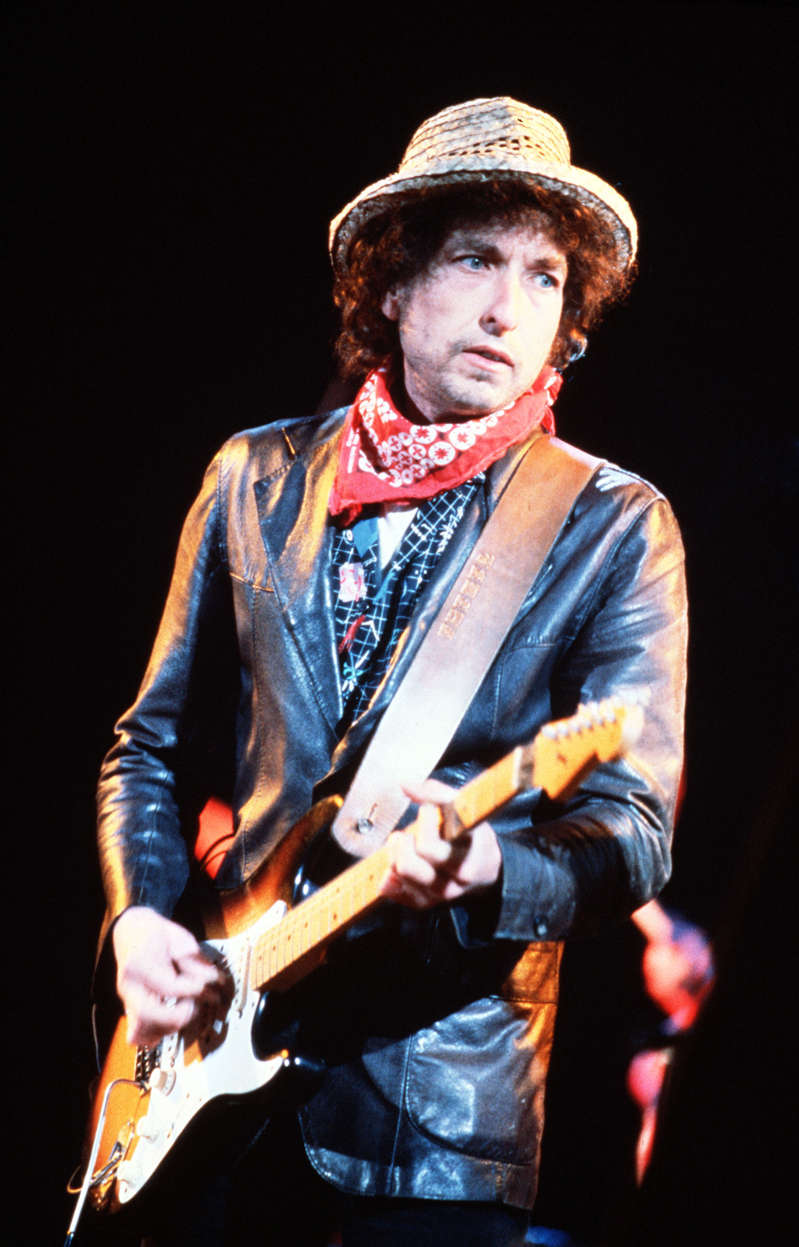
For one thing, the music can be offputtingly didactic. When Bob Dylan unveiled his conversion to Christianity on a trilogy of albums starting with 1979’s Slow Train Coming, his hectoring intensity made his early protest songs sound like polite suggestions. For another, a born-again artist’s take-it-or-leave-it repositioning guarantees what Spinal Tap would call more selective appeal.
When Cat Stevens converted to Islam in 1977 and changed his name to Yusuf Islam, he left the music business and didn’t make headlines again until, 12 years later, he popped up to endorse Ayatollah Khomeini’s fatwa against Salman Rushdie (comments he has since denied). Since the rapper Malice, formerly of the Clipse, found God and cunningly renamed himself No Malice in 2012, he has retreated into the niche of Christian hip-hop. His guest verse on Jesus Is King will be the first time mainstream listeners have heard him in years. Even Rev Al Green, whose unbroken run of gospel albums during the 80s and early 90s was warmly received, disappeared from the charts during that period apart from a duet with Annie Lennox, Put a Little Love in Your Heart. To reject secular music is inevitably to sacrifice sales and profile to a higher calling.
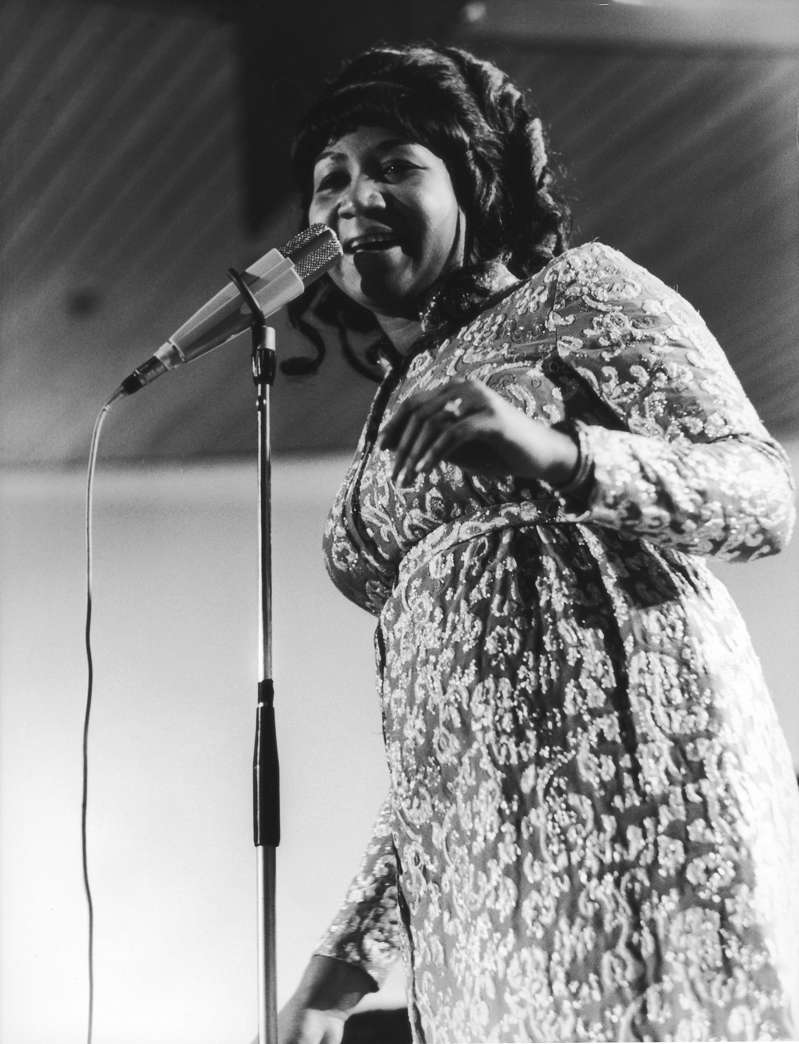
An artist can still make a healthy living in the gospel industry (especially if, like West, you sell Holy Spirit sweatshirts and Jesus Walks socks), but it’s notable that the biggest-selling gospel album of all time remains Aretha Franklin’s Amazing Grace, the 1971 live album in which the minister’s daughter paid tribute to her roots, before returning to soul on subsequent records. Many profoundly religious artists choose to remain in the world of secular music. Joseph Simmons of Run DMC is an ordained minister, but the only album he has released under the name Rev Run, 2005’s Distortion, was no sermon. Born-again Christian Dave Mustaine continues to tour with Megadeth, although he has refused to appear on the same bill as a band called Rotting Christ. It’s perfectly possible to live according to your faith without letting it dominate your music.
Even those artists who firmly reject secular music tend to have second thoughts eventually. In 1962, Little Richard, who had left rock’n’roll to study theology, was talked into a European comeback tour. On the opening night, fans who expected to hear the hits booed his strictly-gospel set while cheering support act Sam Cooke. The following night, Little Richard abruptly changed tack, kicking off with Long Tall Sally. Showmanship triumphed over spirituality. Similarly, Dylan began his 1980 Slow Train Coming tour by banishing all of his secular material, but when he returned to the road in the autumn, Like a Rolling Stone and Blowin’ in the Wind were back in the set. You can do what you believe God wants you to do, but God isn’t buying concert tickets. With his 1983 album Infidels, Dylan returned to secular music and most of his fans sighed with relief. “Dylan’s audience did not take kindly to hearing their hero parroting beliefs that many of them had already rejected,” said Rolling Stone.
West’s Sunday Services have certainly helped rehabilitate his reputation and provided him with an invigorating new arena, but the sincerity of his commitment is debatable so long as he displays neither humility nor repentance. “It feels like Kanye himself is the centre and the object of this worship,” wrote Naima Cochrane in a damning Vice article this year. His alleged rejection of secular music should therefore be taken with a pinch of salt. For someone as ambitious as West to continue down a path that is bound to bring him less attention and more limited success really would be a miracle.
(Source: theguardian.com)



